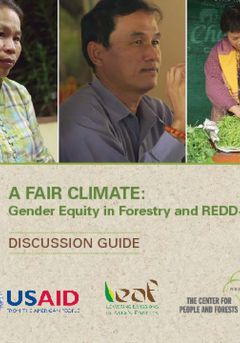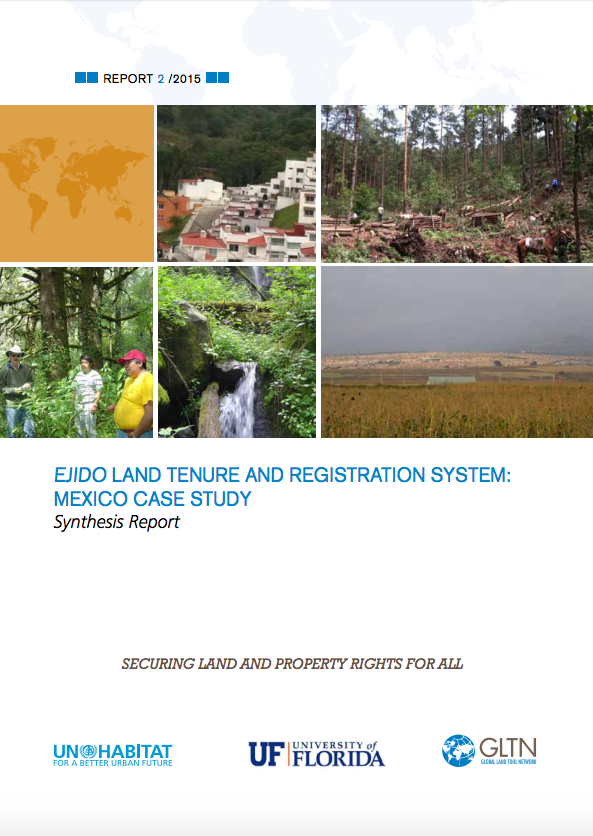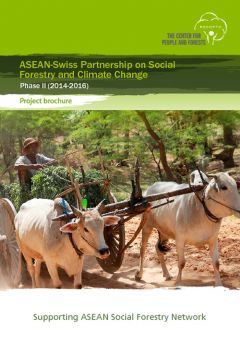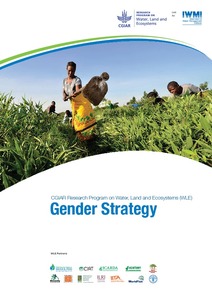Nicaragua Agriculture Public Expenditure Review
Agriculture remains fundamental for
Nicaragua from both a macroeconomic and social view. It is
the largest sector of the Nicaraguan economy, and it remains
the single biggest employer with around 30 percent of the
labor force and including processed foods, like meat and
sugar, agriculture accounts for around 40 percent of total
exports value. Nicaragua appears to be gradually losing
competitive edge of some of its key agricultural exports







